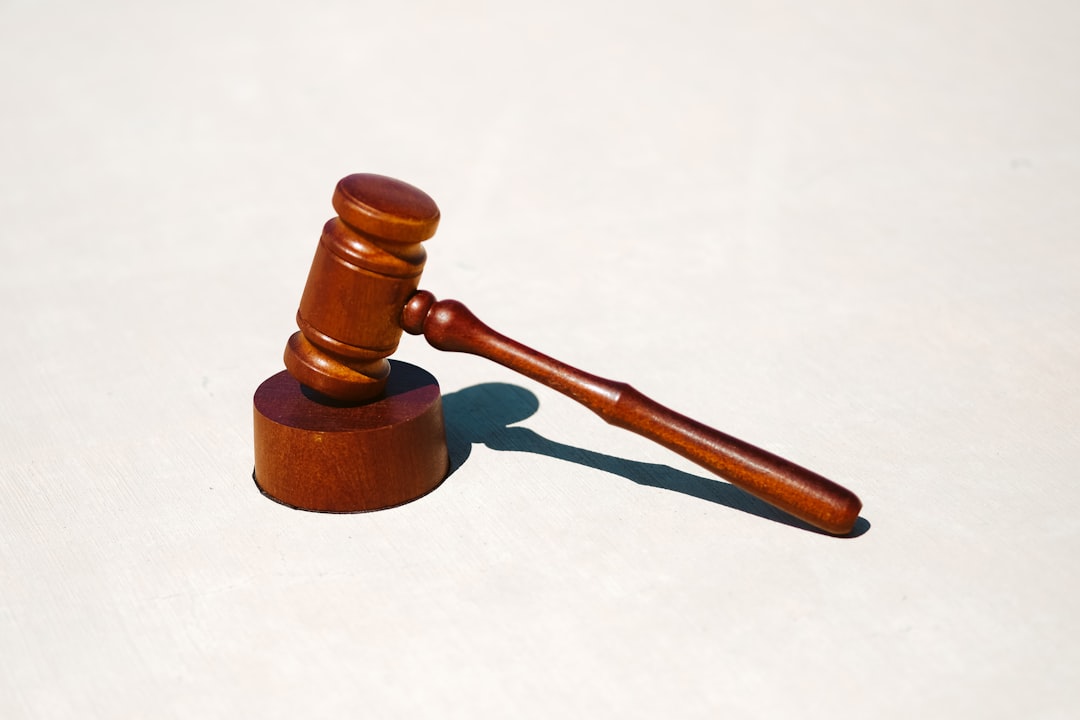Navigating sexual assault cases in New Jersey requires understanding the distinction between civil and criminal proceedings. Civil cases, handled by a rape law firm, focus on compensation for victims with lower proof standards, while criminal cases emphasize punishment and deterrence under stricter rules. This dual approach impacts victim-defendant experiences: civil cases offer healing and control but remain emotionally challenging, whereas criminal cases involve severe penalties like prison time and sex offender registration. A specialized rape law firm in New Jersey is vital for survivors facing these complex processes, providing guidance on evidence, discovery, and outcomes to protect rights and support traumatic journeys.
In the complex landscape of sexual assault cases, understanding the distinction between civil and criminal proceedings is paramount. This article explores the nuances between these two paths in Jersey City, New Jersey. While both aim for justice, they differ significantly in scope and focus. We’ll delve into the legal definitions, elements required, and consequences for victims and defendants in each case type. Furthermore, we’ll highlight the crucial role a specialized rape law firm in New Jersey plays in navigating these differences, offering support and advocacy for all parties involved.
Understanding the Nature of Civil and Criminal Cases
In sexual assault cases, understanding the distinction between civil and criminal proceedings is crucial. Civil cases, governed by rape law in New Jersey, involve private litigation where individuals or organizations seek compensation for harm suffered due to a defendant’s actions. These cases are typically initiated by the victim or their legal representatives, aiming to hold the perpetrator accountable and provide financial redress for damages such as medical expenses, emotional distress, and loss of quality of life.
Criminal cases, on the other hand, are brought forth by the state through its prosecutors. These proceedings focus on punishment and deterrence rather than compensation. The key difference lies in the burden of proof; civil cases require a lower standard, often relying on a preponderance of evidence, while criminal cases demand beyond a reasonable doubt. This dichotomy underscores the multifaceted approach to addressing sexual assault, balancing retribution and rehabilitation within the legal framework.
Legal Definitions and Elements Proved in Each Case Type
In sexual assault cases, understanding the distinctions between civil and criminal proceedings is paramount. Civil lawsuits, often handled by a reputable rape law firm in New Jersey, focus on compensating victims for their harm. The burden of proof here is lower than in criminal court, typically requiring “a preponderance of evidence.” This means that if the jury believes it’s more likely than not that the accused committed the act, the plaintiff can prevail.
Criminal cases, however, aim to punish the offender and protect society. Proved beyond a reasonable doubt, the elements include factors like intent, force or threat, and lack of consent. These differences in legal definitions and proof standards significantly impact how these cases unfold and the potential outcomes for all involved.
The Impact on Victims and Defendants
When it comes to sexual assault cases, whether civil or criminal, the experience for victims and defendants can greatly differ. In a civil case, initiated by the victim through a rape law firm in New Jersey, the focus is on compensation and healing. This path allows victims to seek financial restitution for their suffering, which can help with medical bills, counseling, and legal fees. It’s a chance for them to have a voice and control over the process, albeit still emotionally taxing.
On the other hand, criminal cases, pursued by the state through local prosecutors, carry stiffer penalties and are more adversarial in nature. Defendants face potential prison time, fines, and registration as sex offenders. While this may provide a sense of justice for victims, it also places immense pressure on defendants, who must navigate a complex legal system with significant consequences hanging over them. The experience can be deeply traumatizing for both parties, highlighting the nuanced differences in how these cases unfold under civil versus criminal jurisdictions.
The Role of a Rape Law Firm in Navigating These Differences in New Jersey
When facing sexual assault charges, individuals in New Jersey require legal guidance tailored to navigate the complexities of both civil and criminal processes. A rape law firm specialized in New Jersey’s legal landscape plays a crucial role in this regard. These firms have extensive knowledge of the differences between civil and criminal cases, which are distinct yet interconnected in sexual assault matters.
In New Jersey, a rape law firm assists clients by clarifying these nuances, especially regarding evidence collection, discovery processes, and potential outcomes. Civil cases, often involving lawsuits for damages, focus on compensating victims for physical and emotional injuries while criminal cases aim to punish the accused through prosecution by the state. A skilled rape law firm guides survivors through this journey, ensuring their rights are protected, and they receive the support they deserve during what can be a challenging and traumatic experience.






